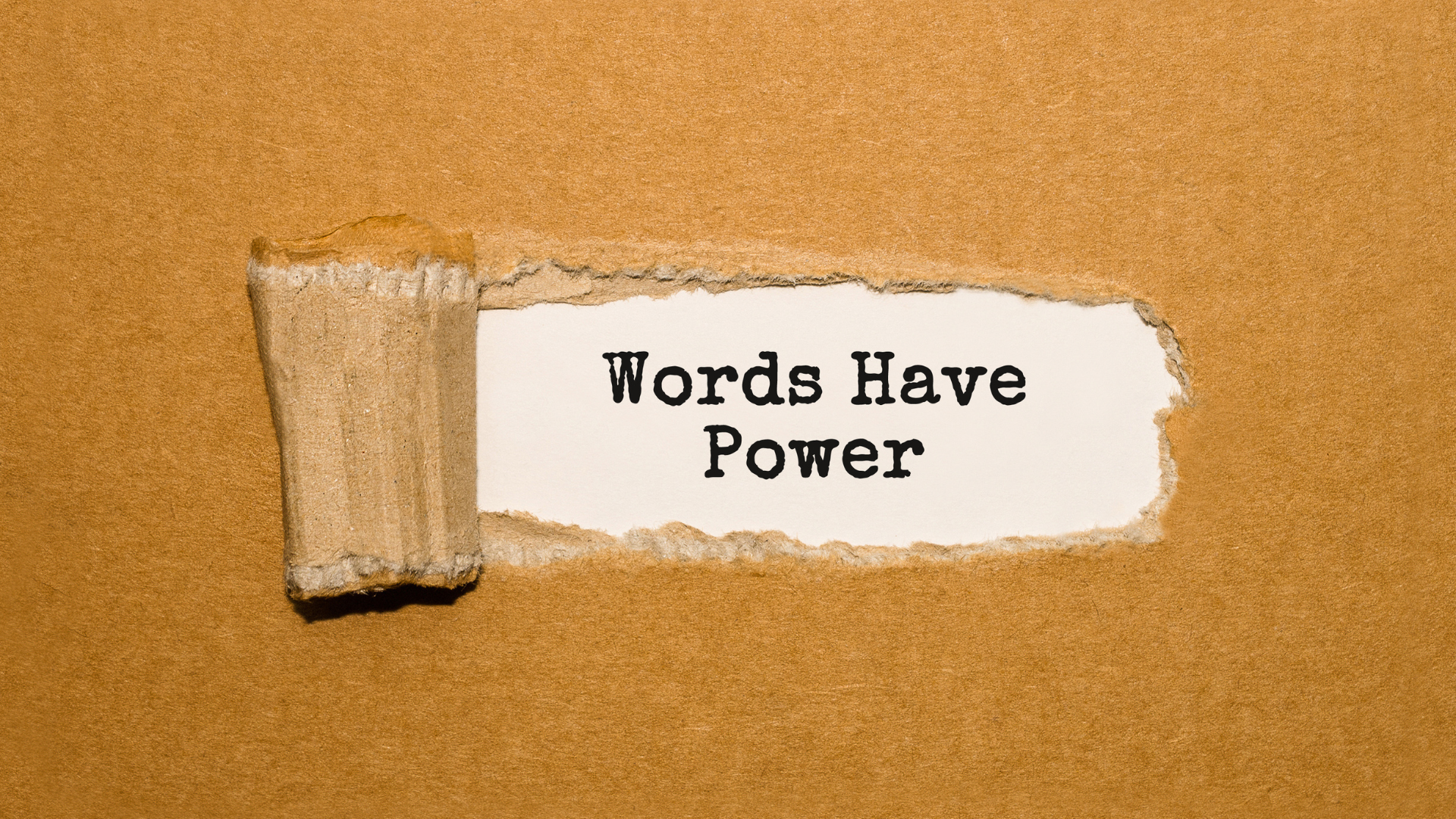How Small Comments Can Reinforce Mental Health Stigma
The Words We Use Matter
Words have power. They shape our perceptions, influence how we see ourselves and others, and can either break down stigma or reinforce it. When it comes to mental health, the language we use every day – often without thinking—can fuel harmful stereotypes and make it harder for people to seek support.
We’ve come a long way in mental health awareness, but subtle, seemingly harmless phrases still contribute to misunderstanding, stigma, and shame.
Everyday Phrases That Reinforce Mental Health Stigma
We’ve all heard (and probably used) phrases that, while not meant to be offensive, contribute to a culture of misunderstanding. Here are some of the most common ones:
“You’re so OCD about that.”
Obsessive-Compulsive Disorder is often misrepresented as a personality quirk rather than a serious mental health condition. When people use “OCD” to describe someone who likes neatness or order, it trivialises the debilitating compulsions and intrusive thoughts experienced by those with the condition.
Better alternative: Instead of saying, “I’m so OCD about my desk,” try “I like keeping things organised.”
“Just cheer up.” / “Happiness is a choice.”
For someone experiencing depression, these phrases can feel dismissive and invalidating. Depression is not simply feeling sad – it’s a medical condition that affects mood, energy, and thinking. Suggesting that positivity alone is the solution ignores the complexities of mental health.
Better alternative: Instead of “Just cheer up,” try “I’m here for you. Do you want to talk about it?”
“Everyone gets anxious sometimes.”
While occasional stress or nervousness is normal, clinical anxiety is different. Telling someone with an anxiety disorder that “everyone gets anxious” can make them feel like their struggles are exaggerated or invalid.
Better alternative: Instead of “Everyone gets anxious,” try “Anxiety can be really tough – what helps you when you feel this way?”
“They’re acting so bipolar.”
Bipolar disorder is often misunderstood as simple mood swings, when in reality, it involves severe emotional highs (mania) and lows (depression). Using “bipolar” casually to describe unpredictable behaviour reduces a serious condition to a stereotype.
Better alternative: Instead of “They’re acting bipolar,” try “Their mood has been changing a lot lately.”
“They’re just attention-seeking.”
People struggling with their mental health are often dismissed as “seeking attention”, particularly if they express their emotions openly. In reality, reaching out for help is a sign of strength, and comments like this discourage people from speaking up.
Better alternative: Instead of “They’re just attention-seeking,” try “They might be struggling – how can we support them?”
Why This Language Matters
The way we talk about mental health directly impacts how people feel about seeking support. Research shows that:
- Stigmatising language prevents help-seeking. A study by Time to Change found that 60% of people with a mental health condition avoid seeking help due to fear of judgement .
- Negative language affects self-perception. Studies indicate that hearing stigmatising language increases feelings of shame and isolation in people with mental health conditions.
- Shifting language can change attitudes. Research from Cambridge University found that education and positive language significantly reduce mental health stigma.
Small changes in how we speak can create a ripple effect, leading to more understanding, acceptance, and support.
How to Change the Conversation
Being mindful of our words doesn’t mean walking on eggshells – it just means choosing language that is accurate and supportive.
Here’s how we can all contribute to a more mentally healthy society:
- Educate yourself – Learn about mental health conditions from reliable sources.
- Think before you speak – Ask yourself: “Would I say this if it were a physical illness?”
- Encourage open conversations – Replace judgment with empathy.
- Challenge stigma – If you hear someone use harmful language, gently correct them.
By making these small adjustments, we can create an environment where people feel safe talking about their mental health without fear of judgment.
Building Emotional Resilience with PsycApps’
One of the best ways to shift the mental health conversation is by equipping people with tools to manage emotions and build resilience.
eQuoo is a mental health app designed to help people:
- Develop emotional skills through interactive storytelling.
- Use CBT-based techniques to improve mental resilience.
- Develop relationship skills – Enhancing communication, empathy, and conflict resolution.
The Resilience Development Programme
For those looking for structured mental health support, the CPD-Certified Resilience Development Programme is a science-backed digital tool that:
- Teaches practical coping strategies for anxiety, stress, and emotional challenges.
- Builds long-term resilience using CBT and positive psychology techniques.
- Provides flexible, on-the-go mental health support.
Words Can Harm or Heal – Choose Wisely
Language shapes our understanding of mental health. By making conscious choices in the words we use, we can help break stigma, encourage help-seeking, and create a more supportive society.
Your words have power – use them to uplift, not dismiss.
Explore our CPD-Certified Resilience Development Programme to start your journey today.


